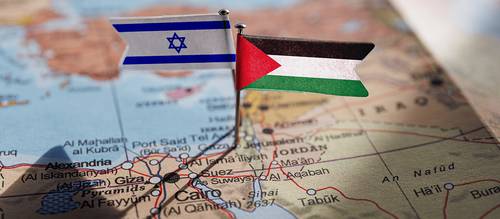Not many people know what the A in LGBTQIAA+ stands for. A common misconception is that it stands for Allies, but it stands for Asexual, Aromantic, and Agender. Asexuality is a sexual orientation defined by a lack of sexual attraction. The way people feel towards sexual attraction is much like a spectrum ranging from allosexuality to a complete lack of sexual attraction, with orientations including grey-sexuality, demisexuality, and grey-asexuality falling in between.
Asexuality, though it may be gaining awareness recently, is far from a newly developed concept. Even so, it often gets misunderstood as mental illness, celibacy, or simply “prudish behaviour”. In western countries, sexual liberation movements resulted in the normalisation of sex outside of heterosexual monogamous marriages or relationships, but this meant that asexuality would be regarded as a deviation from the norm. Asexuals are seen as people who “haven’t found the right person” or puritan celibates with excuses.
However, in traditional Indian society, the experience of being asexual is vastly different. Since pre-marital sex is taboo, there is no expectation for one to have sex or experience sexual attraction until marriage, meaning that an asexual person may not even realise their sexual orientation.
However, as soon as one hits the marital bed, this changes. Suddenly, people expect couples to have children and the pressure to have sex builds regardless of whether or not they feel attraction to their partner. Some may feel that their reluctance is the norm or simply give in to the pressure. An asexual person who has realised their orientation may also do the same for the same reason. This social conditioning has appalling consequences as the experience is severely uncomfortable on both the mental and physical levels for the person.
However, now because of the western influence that has been exacerbated by the internet, the younger population has a vastly different view of sex. Dating, sex, and relationships without marital commitments are far more normalised. Pre-marital sex is more openly acceptable, and dating apps are more popular. This normalisation has implications similar to the West. People often go overboard with adjusting to their newly found sexual liberation and think that everyone should have sex/feel sexual attraction. Asexuals can no longer hide their difference from most of society. This can also make romantic relationships difficult for them to navigate, as they generally come with the expectation of sex. Their partner may believe that they don’t like them enough or that they’re just being a prude.
In conclusion, asexual people can have a difficult time regardless of what kind of society they live in. This issue will never change without awareness about asexuality and the normalisation of consent in relationships.





